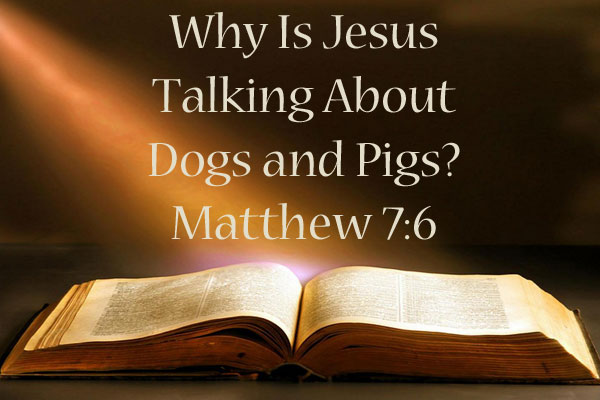Galatians 1:10
10 For am I now seeking the approval of man, or of God? Or am I trying to please man? If I were still trying to please man, I would not be a servant of Christ.
In the first chapter of the Book of Galatians, Paul is assuring the members of the Galatian church that there is no other gospel, no other basis of faith, than that which he has already preached to them–the good news concerning Jesus Christ, Savior and Lord, who gave himself in sacrifice for our sins, and was raised from the dead, just as we can be raised from our spiritual deaths and live a Christian life.
Many of the Galatian Christians were confused by the other religions that swirled about them, especially some who were told that they still had to follow many of the ceremonial rites of the Old Testament as the Jews did. Since in that day there was a sect of Jews called “Zealots,” who did not like the melding of Judaism and Christianity that was going on, some new Christians were trying to walk a middle ground by doing some of the Old Testament practices in addition to following the New Testament’s gospel. They were attempting to please the others around them, afraid of what would happen otherwise.
Paul rebukes this practice of pleasing men rather than God with verse 10. After all, the Galatians have said they believe in God; why then are they worried about what that belief might begin in their community? So what if somebody else gets their underwear in a twist about your beliefs–if you love Christ and want to serve Him on earth, Paul reminds them, it’s your business with God, not anyone else’s. No matter who they might politically offend in their town, Paul encourages them not to sway from their beliefs.
With Christianity now more a majority than the minority it was in those days, it may be hard for modern Christians to connect with how fearful the Galatians might have felt about their newborn faith. After all, Christians aren’t persecuted very much anymore; in fact, we are often the ones doing the persecuting of others, if history is any reminder. The conservative political parties (in America, at least) proudly wave the Christian flag alongside the American flag, seemingly praising God with one side of their mouths and decrying the liberal heathens with the other.
I would suggest that Christians today face a new type of persecution from non-Christians–that of being lumped in with the media frenzy of bigotry and judgmentalism that closely shadows many conservative “Christian” political candidates. While I call myself a Christian, for instance, I shy from calling myself a “conservative” Christian, because I don’t want people to think I agree with the brand of hateful, angry conservatism I see in the popular media. You could say I’m still seeking the approval of man by “hiding out” in this way; I’m trying to walk a middle ground, pursuing a Christian life without trying to make it as political as it’s ended up being in the last few years.
No, I’m not very brave when it comes to my own newborn faith; I only returned to the fold a few years ago, after all, and I still feel very fragile about it sometimes. I think many of us modern Christians are in the same boat, though–we’re Christians, not necessarily conservative (though often people use the two words interchangeably). We worry about being associated with the overbearing imagery of conservatism that gets broadcast through sound bites and 1-minute news features, because even if the imagery is incorrect, it’s what people think conservative Christianity is all about. Those of us who call ourselves Christian but don’t necessarily have that same conservative standpoint will thus be unfairly judged by association. (And it already happens, believe me–I’ve been told before that I need to “shut up about God” and I don’t “need to judge somebody else’s beliefs.” Those who know me well know that I am the last person to judge someone harshly based on religions, with all the junk that’s happened to me in the past.)
But we cannot keep seeking the tacit approval of others by hiding who we are–that’s what Paul is telling us in this Scripture verse. Just like today’s Christians, the early Christians he was writing to were worried about political affiliations and family traditions, but Paul urged them to think spiritually rather than worldly. If we are Christian and apolitical, for instance, or Christian and liberal, or Christian and anything, we should allow that Christianity to shine through in everything we do, seeking only the approval of God by believing in Jesus Christ. Only that faith–only that belief–will save us. No good works, no political contributions to “holy” candidates, or anything else of earth will save us.





